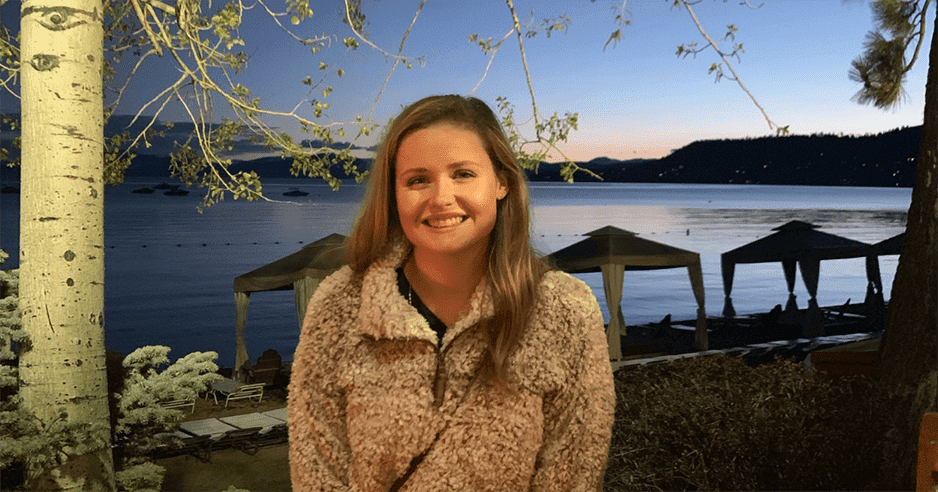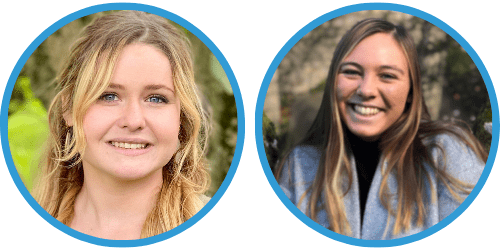Women of CalTrout: Kam Bezdek
The Women of CalTrout
In this new series, our Communications Associate, Kara Glenwright, sits down for conversations with the women on our Conservation and Policy/Legal teams. Follow along as these women share their own stories and experiences as women in conservation and science at CalTrout.
Kam Bezdek, Policy Intern, and Kara Glenwright, Communications Associate
KG: What is your position at CalTrout and what communities in California do you work most closely with?
KB: I am CalTrout’s Policy Intern! I work with Analise, Redgie and Amanda on issues and projects that are statewide.
KG: How did you come into this position at CalTrout?
KB: I was fortunate enough to be interviewed for the internship a few months after I graduated college. I’m so thankful for that interview and the opportunity to do work with an incredible group of people! This position has really made a positive change in my life, and I'm so happy for that.
KG: What inspired you to pursue a career in conservation?
KB: Conservation has been in my peripheral vision for most of my life. My dad worked in the same circles with conservation groups for much of his career. Growing up, I always loved animals and nature, and something that I have always craved was that feeling of really creating change in my workspace. It took me a while to eventually go from “this is something that could be what I want to do” to “I see a future in this career path.” I went into college thinking I had the skills to become an engineer. I learned that it wasn’t for me, but I did gain such a respect and appreciation for people who do have that training. After that, and even after graduating, I really struggled to find something that truly connected with me on all levels. Within the first few weeks of my internship at CalTrout, I got a feeling where I was like, “wow, this could be it.”
What made the difference is that for those who pursue careers in conservation (particulary in water), they all look to do work that is bigger than themselves. You can sense that just by talking to them for a short period. It’s really incredible, and this modeled the type of work I wanted to do and by extension, the individual who I hope to become.
KG: What is your favorite part of your job? Could you share with me some of the most rewarding moments of your work?
KB: The best aspect of my job is that I get to experience true collaboration. That’s a given if you want to achieve anything in conservation work, but I think what separates CalTrout is that everyone here is committed to the best solution for everyone involved, no matter what it is or what it takes. It is modeled for me daily here by everyone, and I am so grateful to experience it that way.
As far as rewarding moments, I had the opportunity to testify on behalf of CalTrout (by phone) at the Senate Subcommittee #2 on Resources, Environmental Protection and Energy. I remember watching my dad testify on behalf of his work, and it was really cool to do the same! It was very much a full circle moment, and I definitely geeked out afterward.
KG: Could you share with me any historical or contemporary women figures in conservation (or outside of conservation!) that you feel particularly inspired by?
KB: Former Secretary of the Interior Sally Jewell is someone I am inspired by. In every decision, administrative action and interested party she engaged with during her time as Secretary, it was clear that Secretary Jewell always saw everyone she worked with as her equal and truly wanted the best outcome for all parties. She also worked hard to uplift and support the interests of the Tribes who fought for years to remove the Klamath Dams. Generally, I think that folks in administrative government roles are limited in their ability to be advocates just be the nature of their roles in public service (folks usually advocate for different interests to them), but Secretary Jewell found ways to invite positive change and create opportunity for incredible environmental restoration and restorative justice within her role in a way that is admirable.
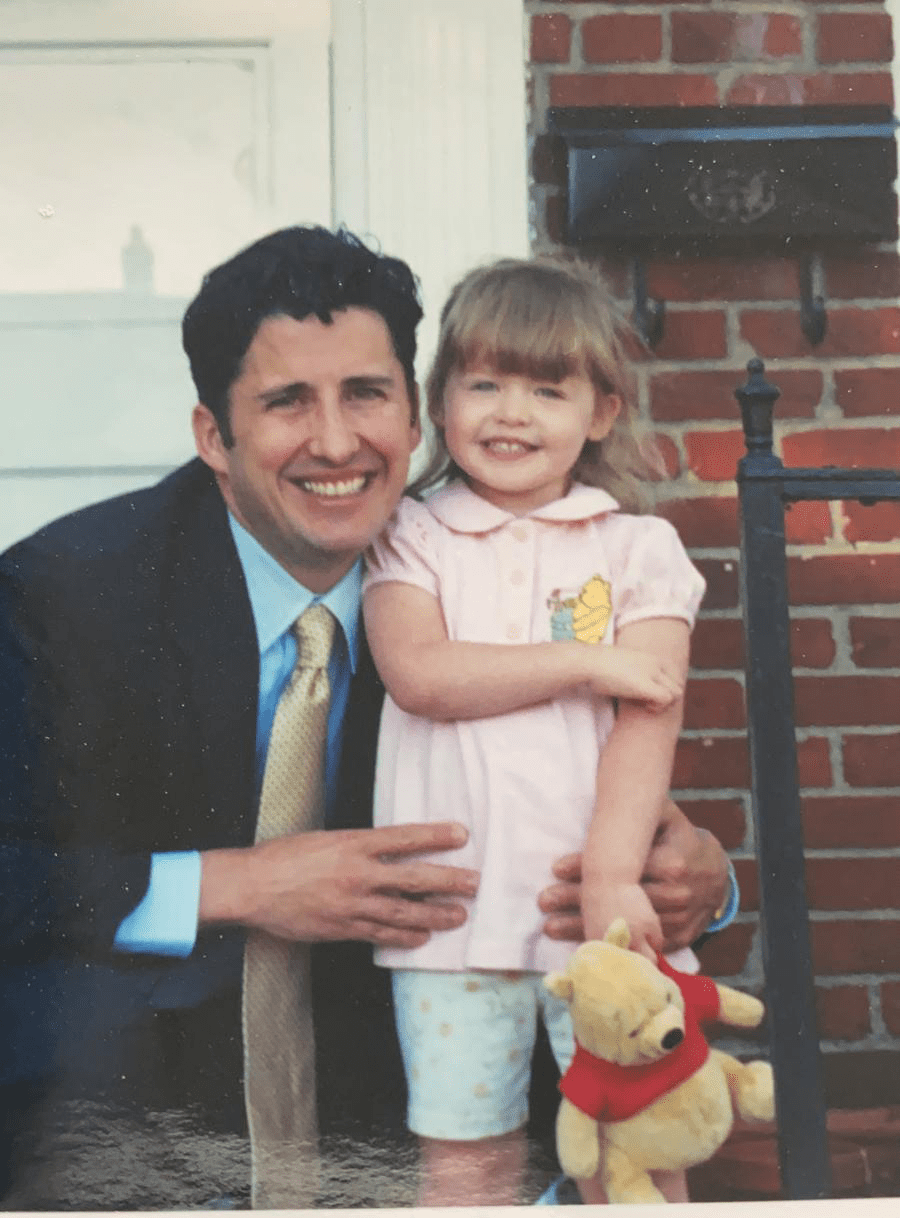
KG: What does it mean to you to be a woman in this field?
KB: I am so proud to be a woman in conservation. I'm also really thankful that other women have paved the way for me to be in this type of career. I see it at CalTrout, I see it through people like Secretary Jewell, and I see it with women I've never even met. They have all played such a huge role in the legacy that is women in conservation, and they are all key in making sure that women can follow behind them. It is really neat to know that there is a line of women who paved the way before me, and it is really fulfilling to know that I am able to do the same for those behind me.
KG: What message would you share with younger women who hope to pursue a career in conservation someday?
KB: It can be a little intimidating to do work you perceive as valuable or important, but sometimes what makes you capable is being willing to do those things, even if you get it wrong. I think it makes you better at your job and more resilient in life. It is also what makes your work that much more rewarding regardless of the outcome.
KG: Do you have a favorite river?
KB: The Klamath! It was my first experience of a river in a way that showed me its value beyond physical water. I am so privileged to understand the power and the significance of the river to those who value it.
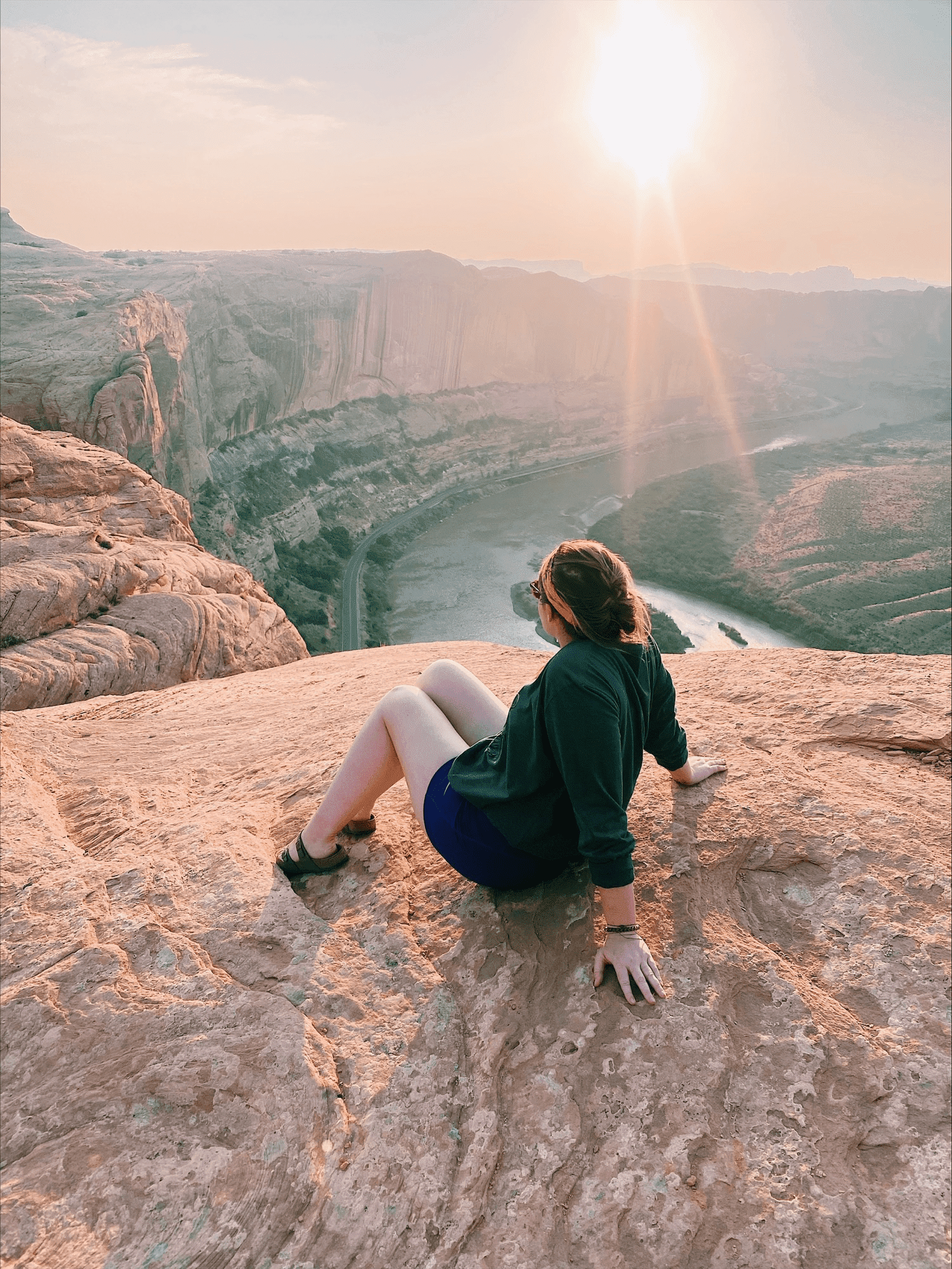
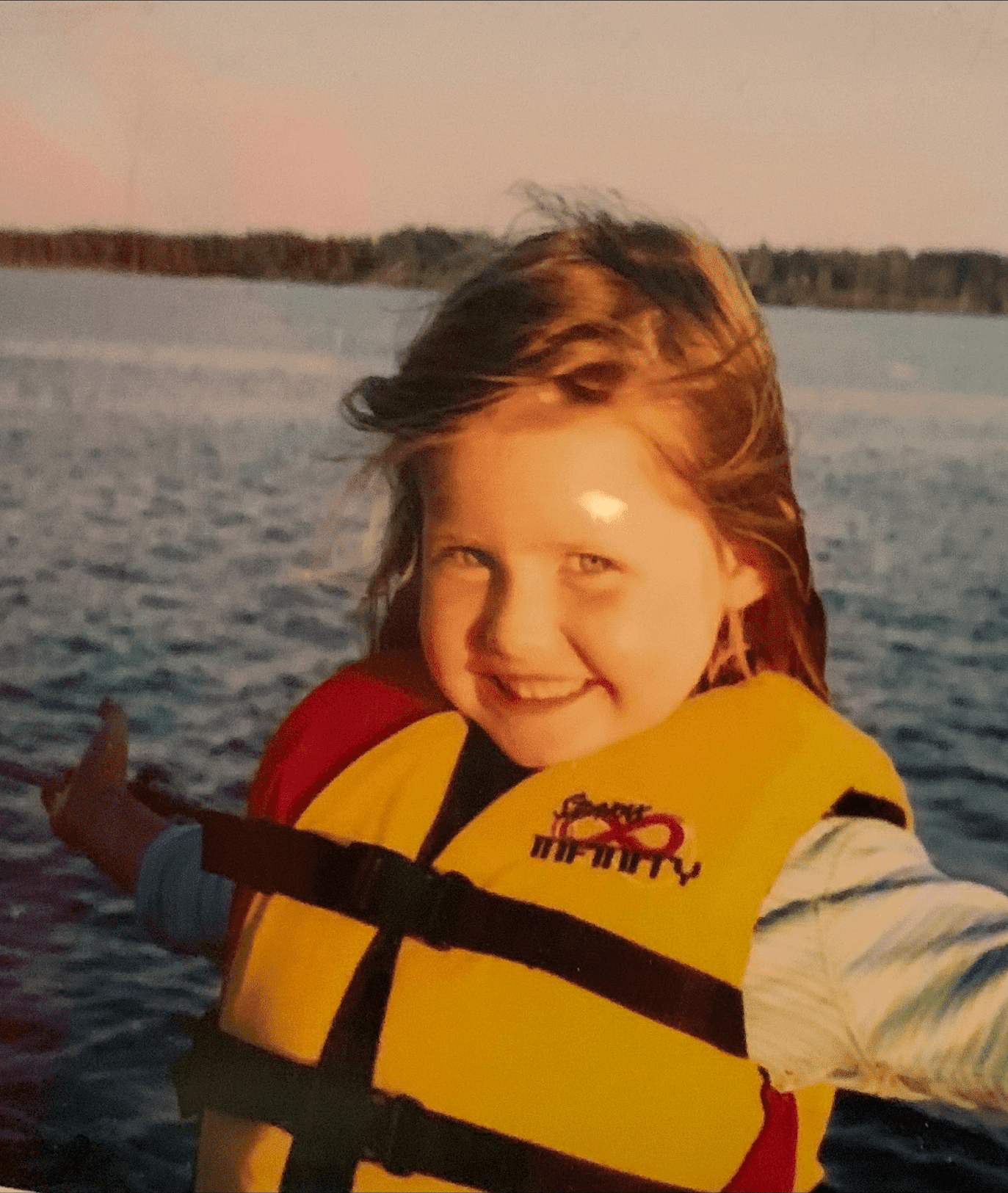
Stay tuned for our next profile from the Women in CalTrout, coming very soon!
Meet the Women of CalTrout
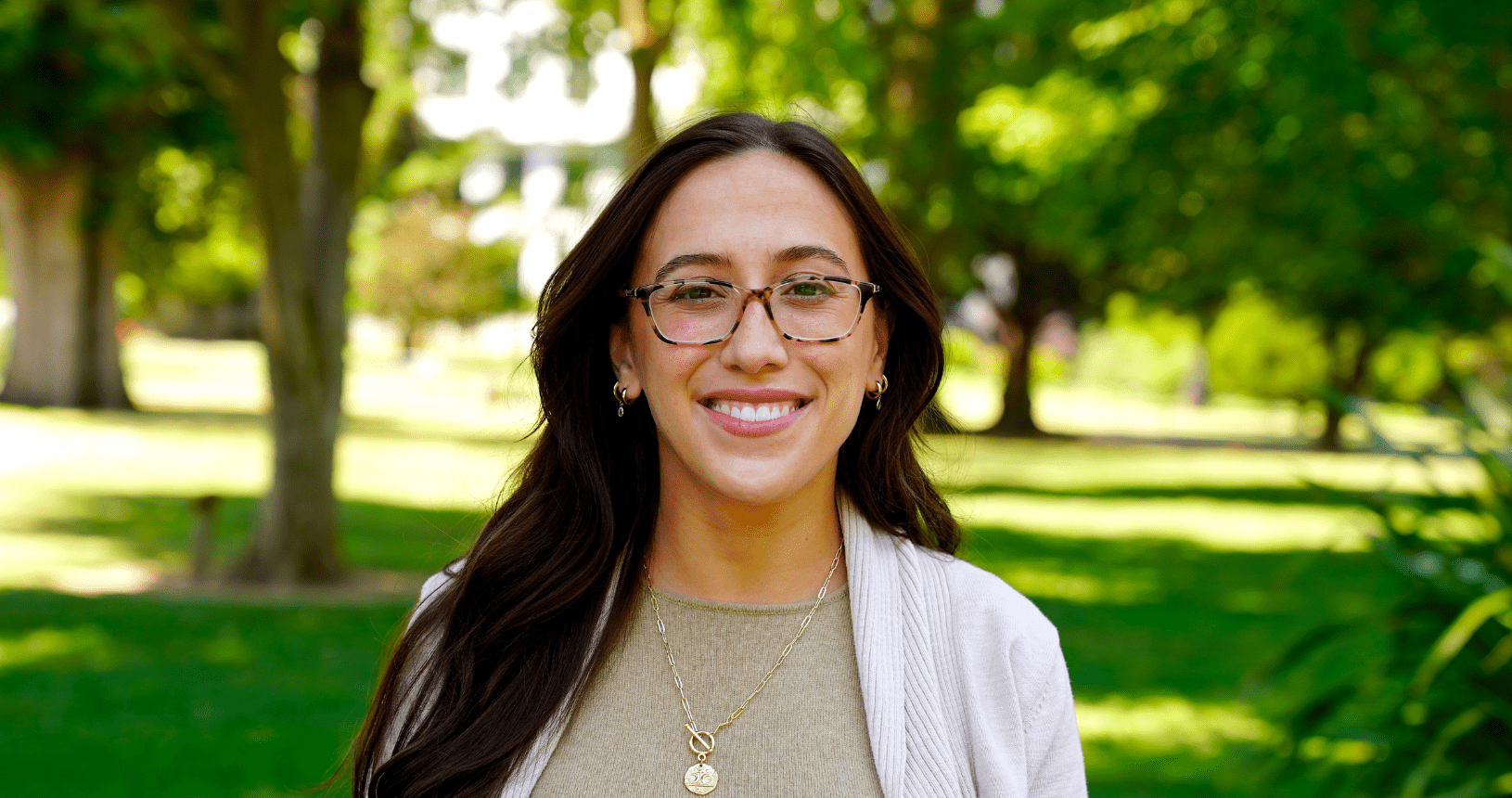
Analise Rivero
CalTrout Associate Director of Policy
Amanda Cooper
CalTrout Staff Attorney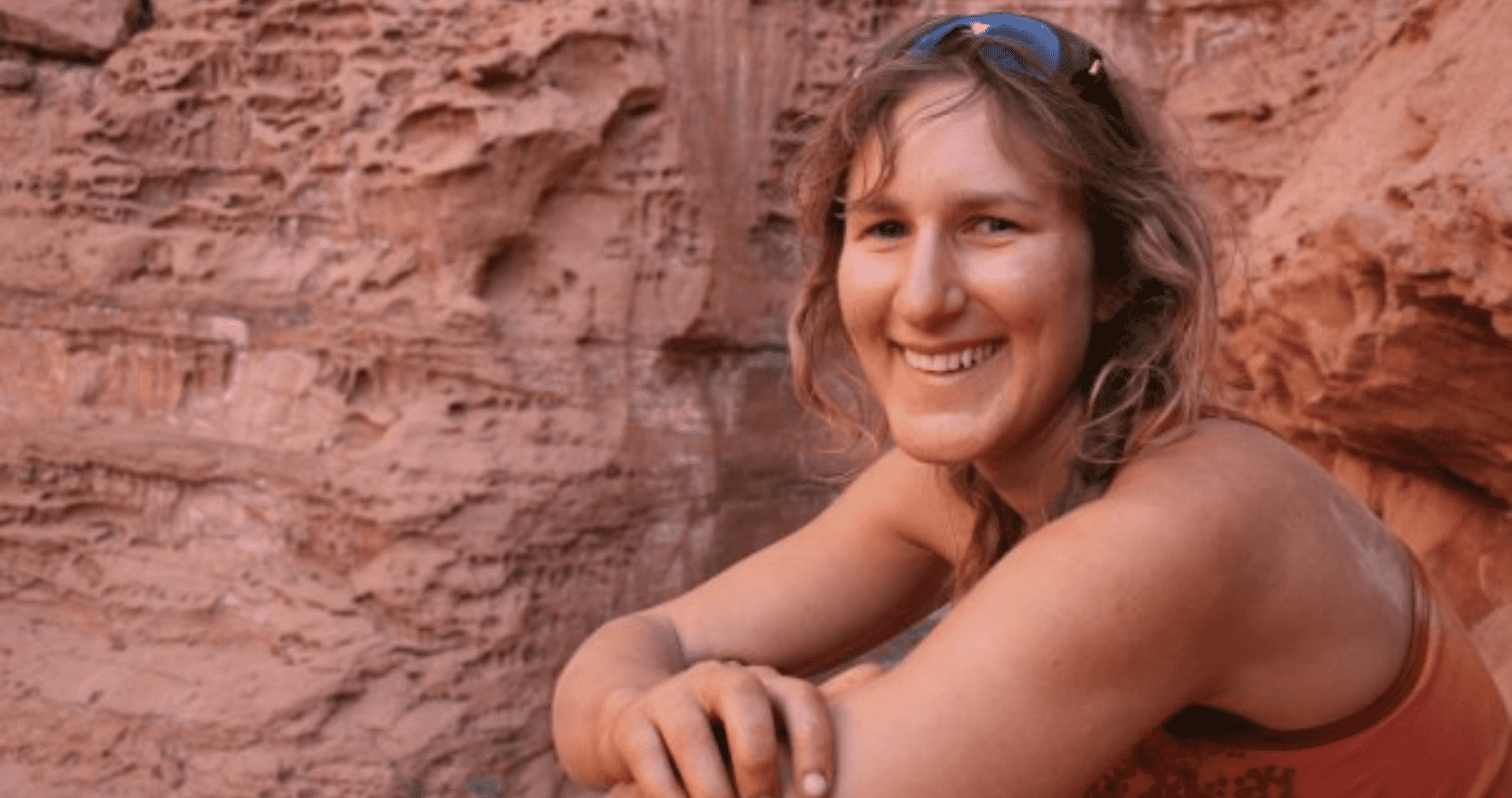
Katy Gurin
CalTrout North Coast Project Manager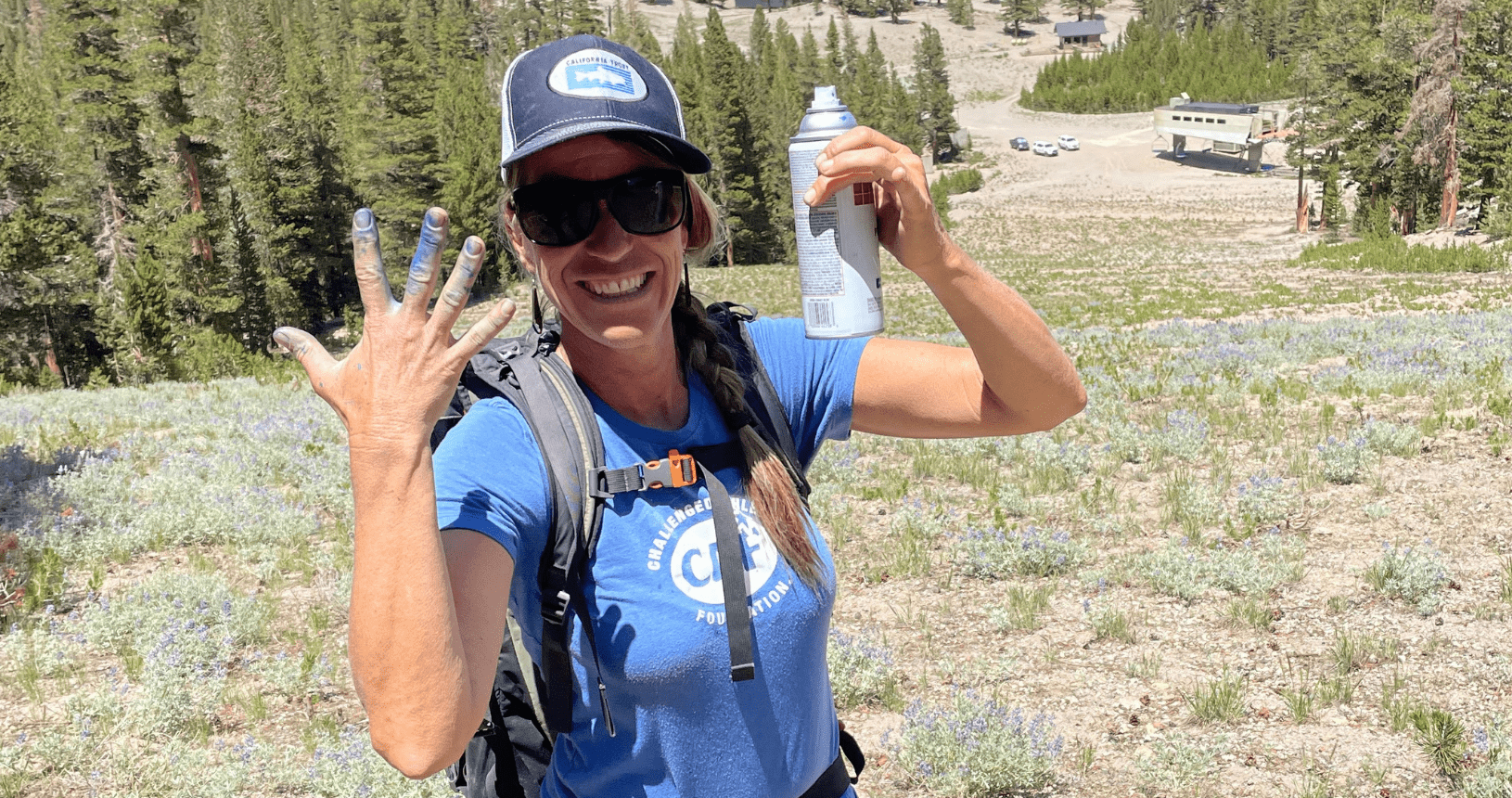
Allison Dodds
CalTrout Sierra Headwaters Project Manager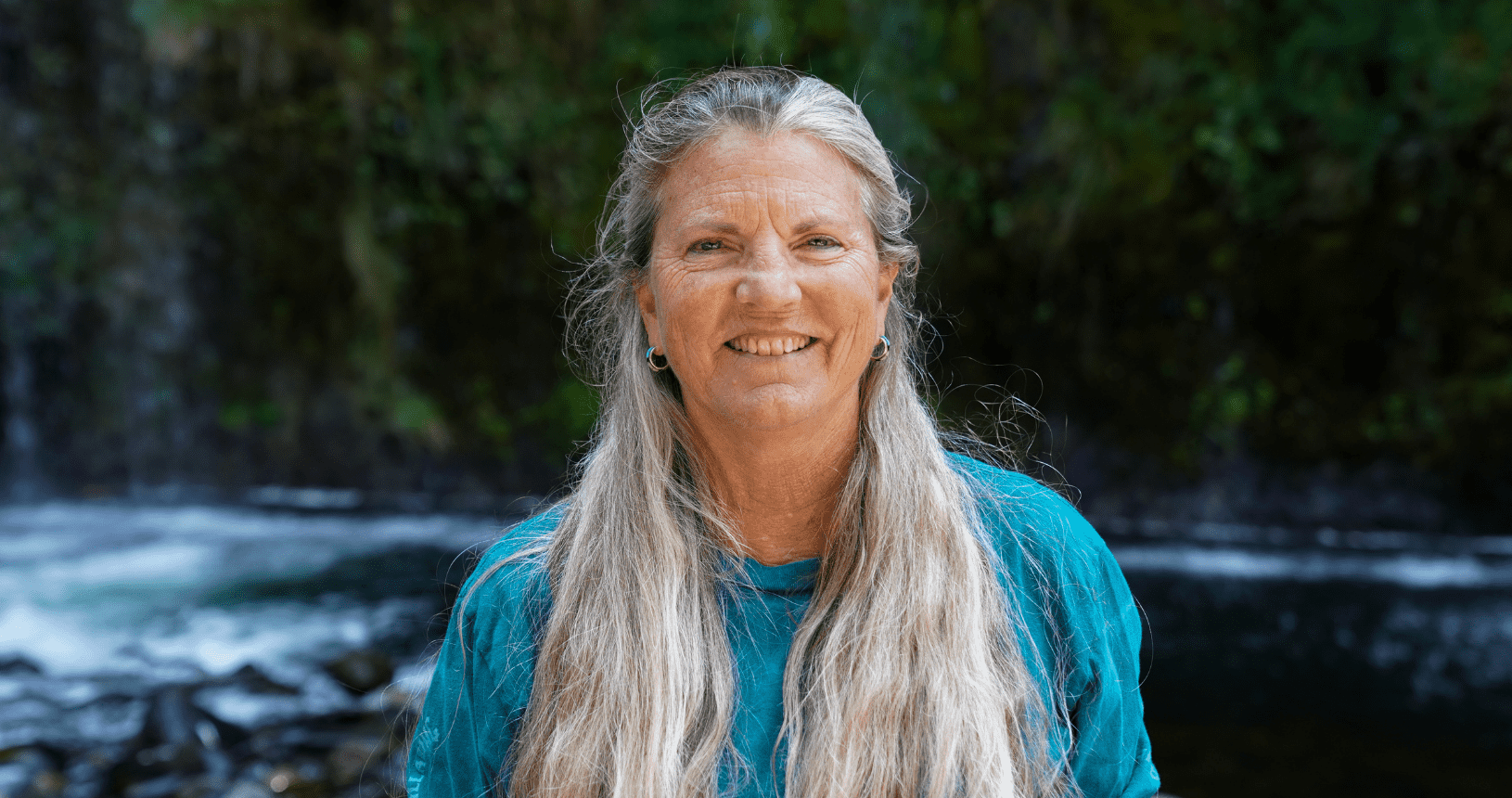
Sandra Jacobson
CalTrout Sierra Headwaters & South Coast Regional Director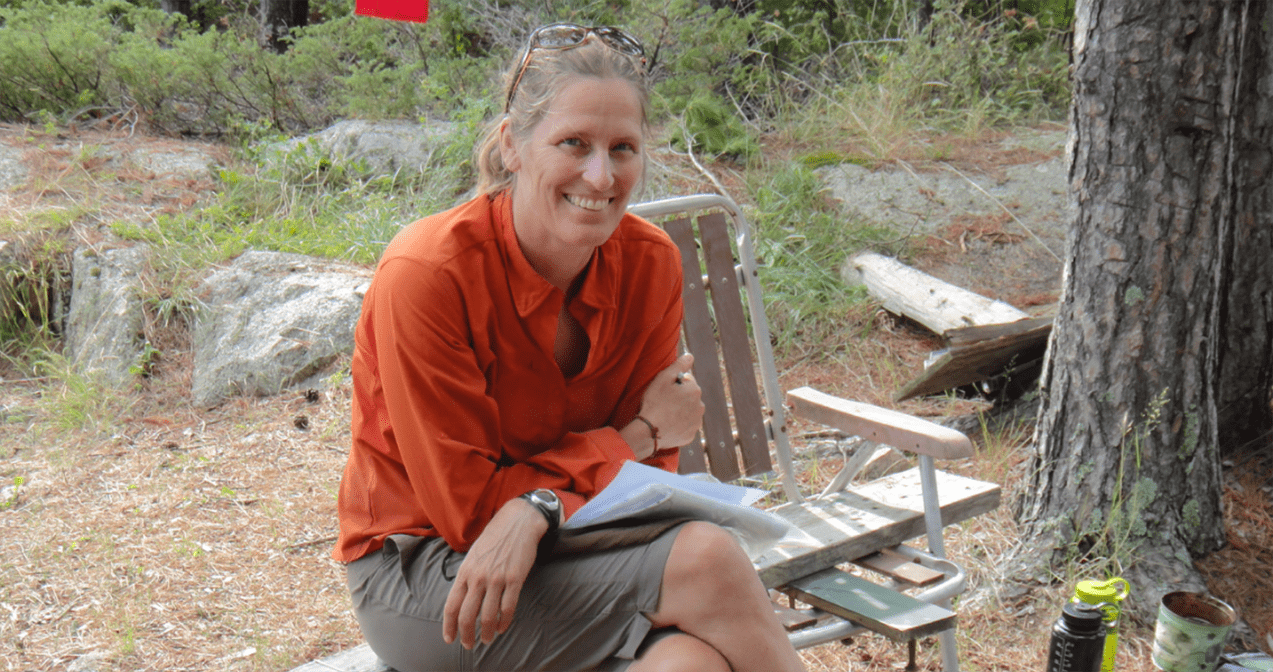
Ada Fowler
CalTrout Mount Shasta-Klamath Senior Project Manager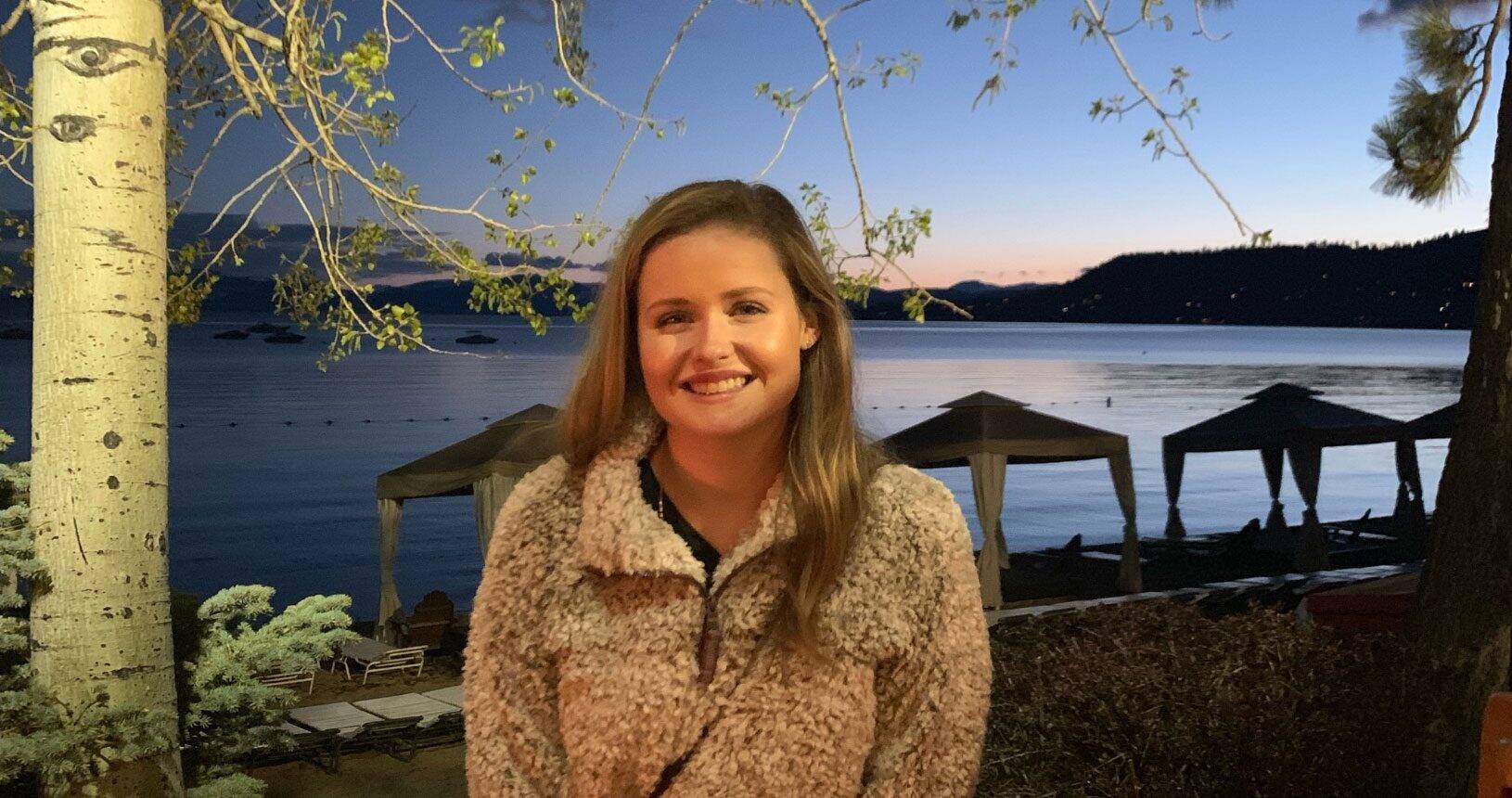
Kam Bezdek
CalTrout Policy Associate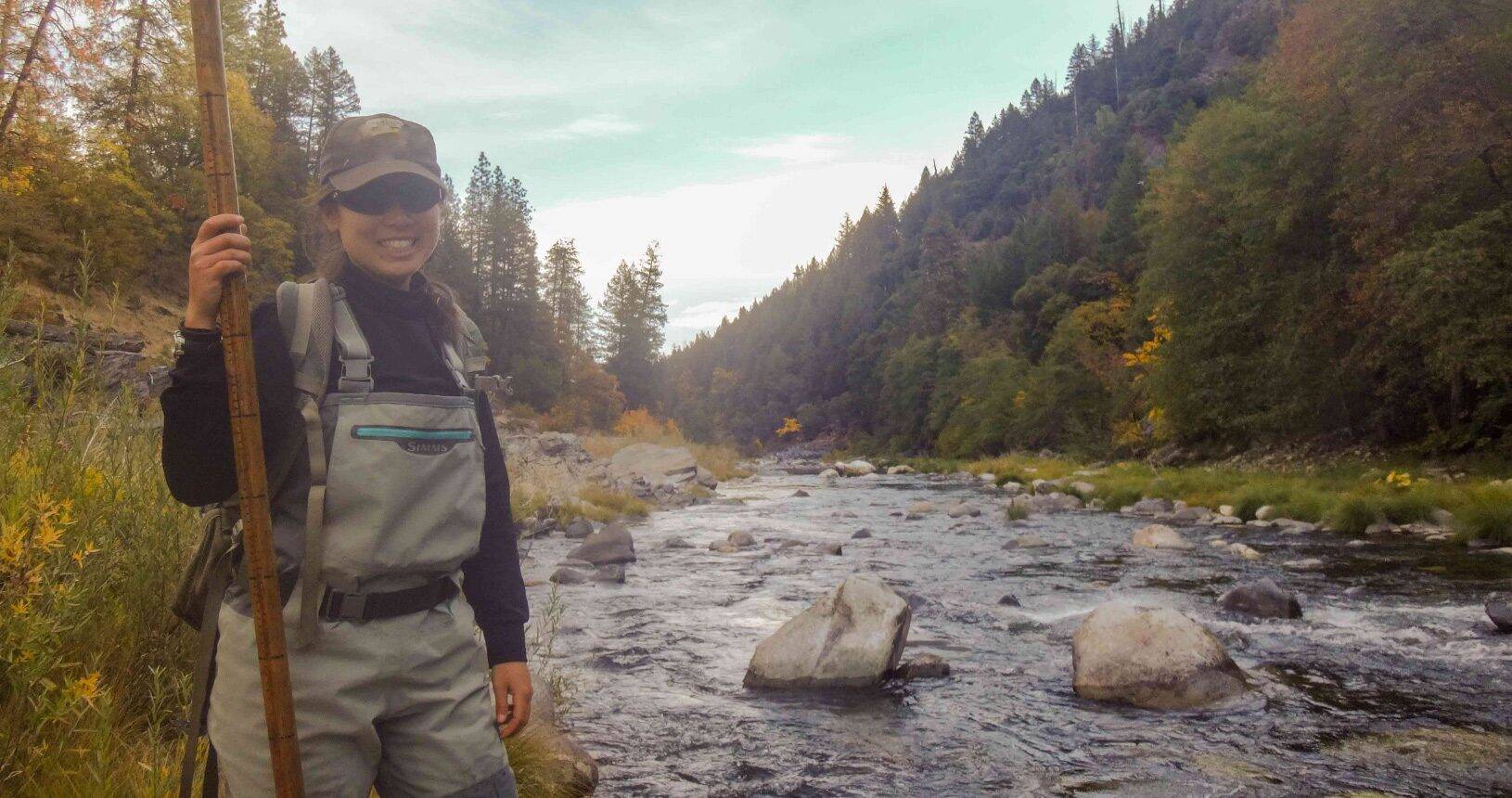
Serena Doose
CalTrout Mt. Shasta-Klamath Project Manager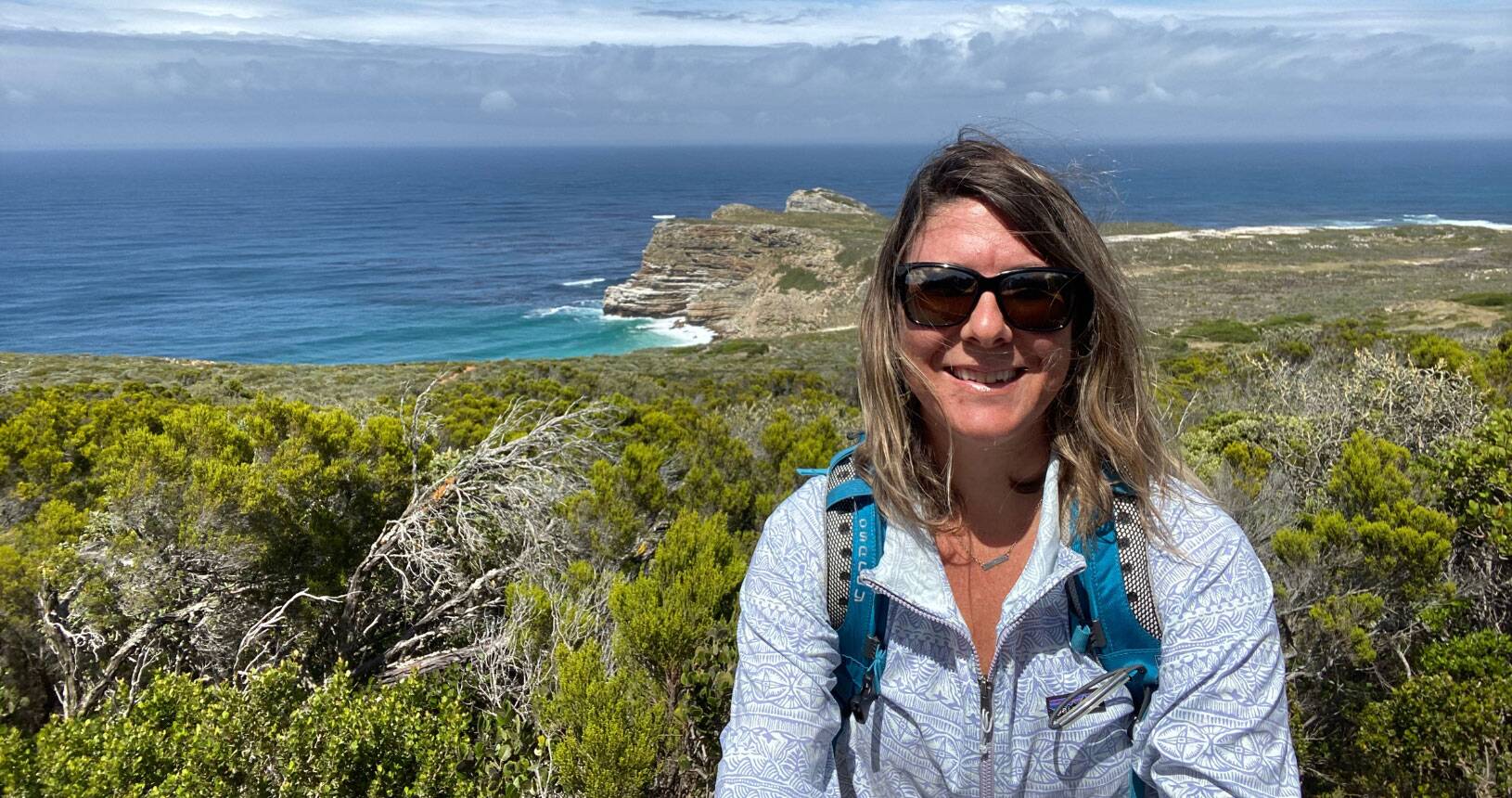
Holly Swan
CalTrout Mt. Lassen Project Manager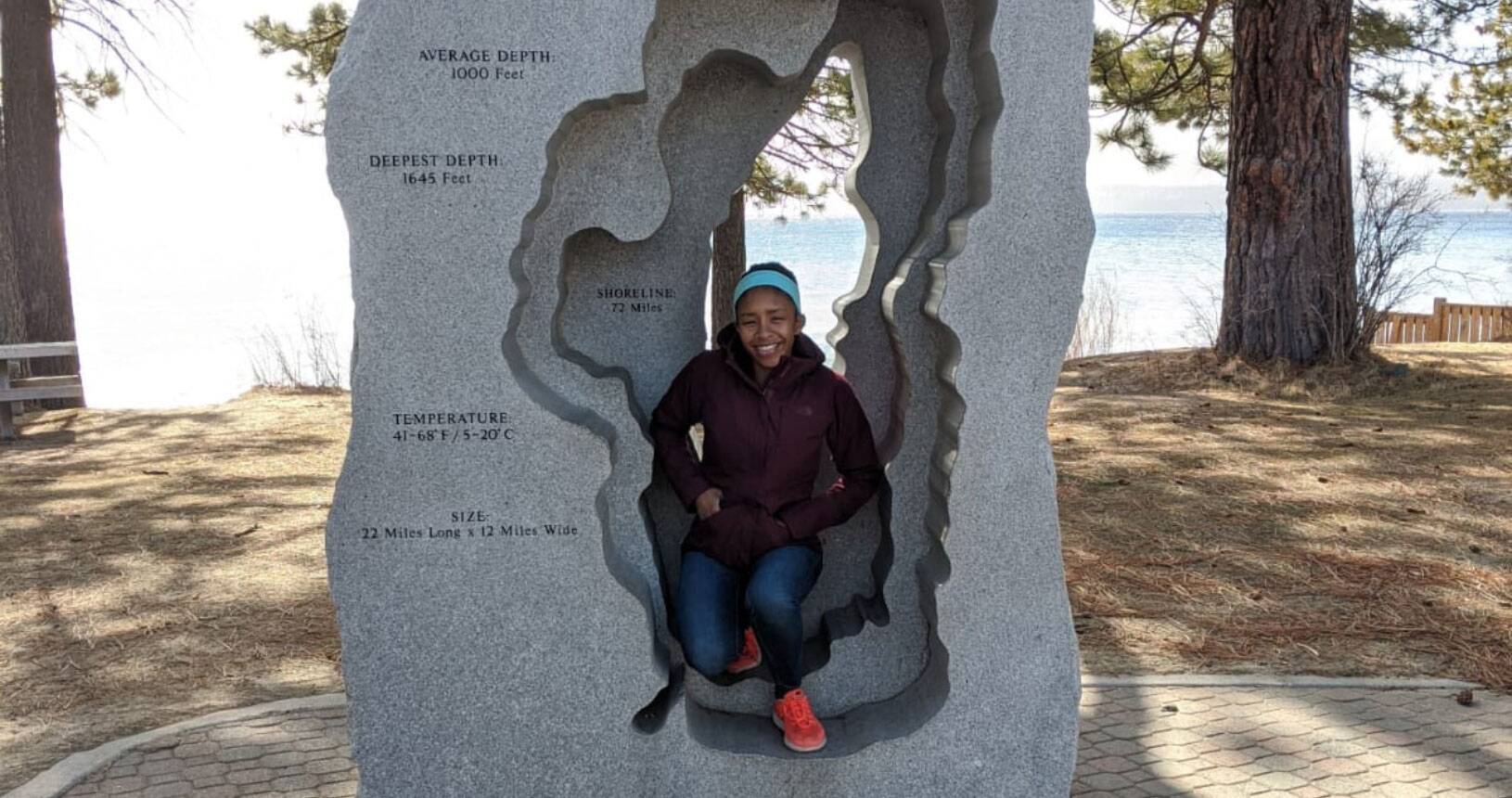
Camyle Allen
CalTrout Conservation Contracts Manager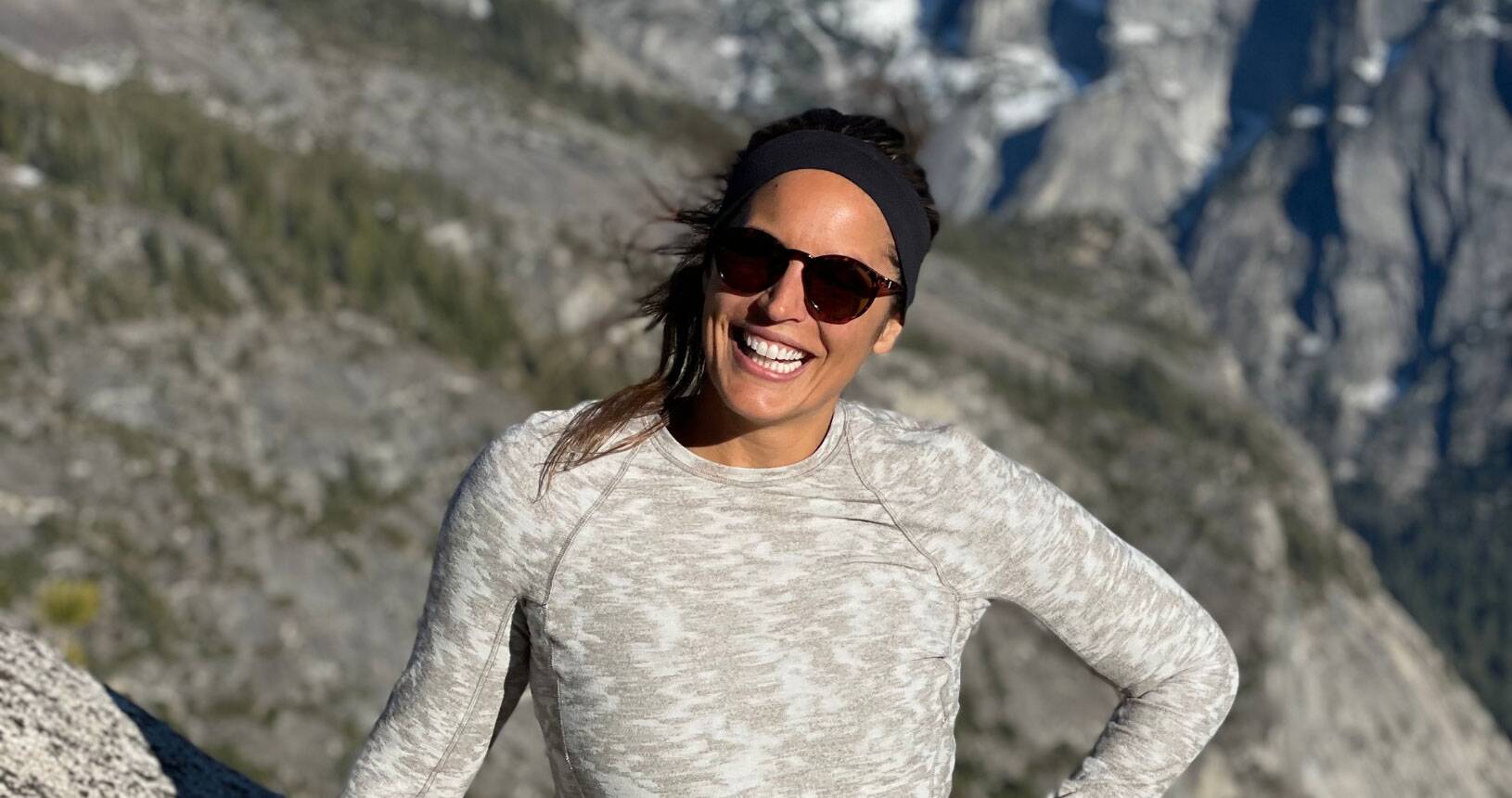
Claire Buchanan
CalTrout Bay Area Senior Project Manager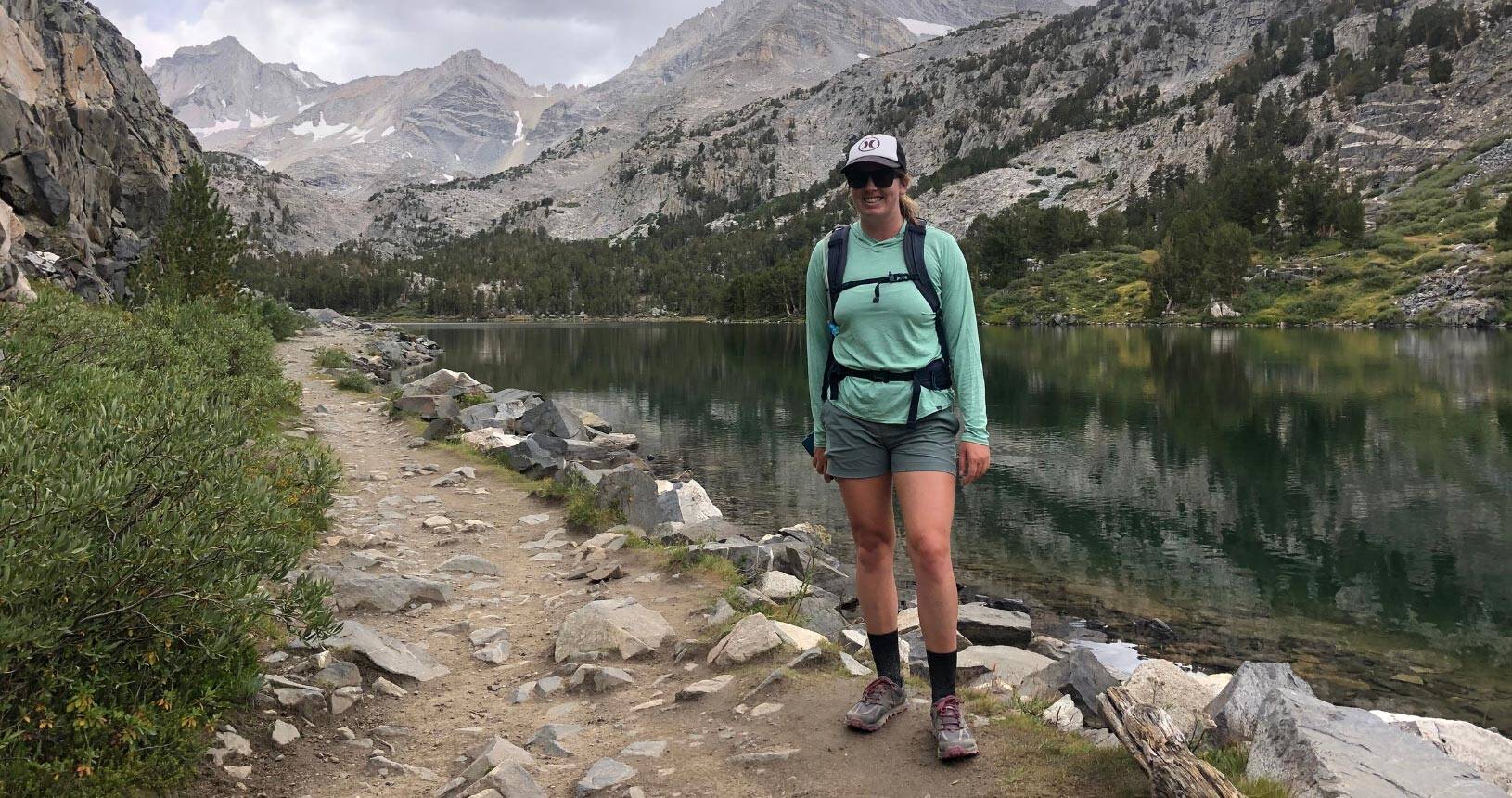
Marrina Nation
CalTrout Sierra Headwaters Project Manager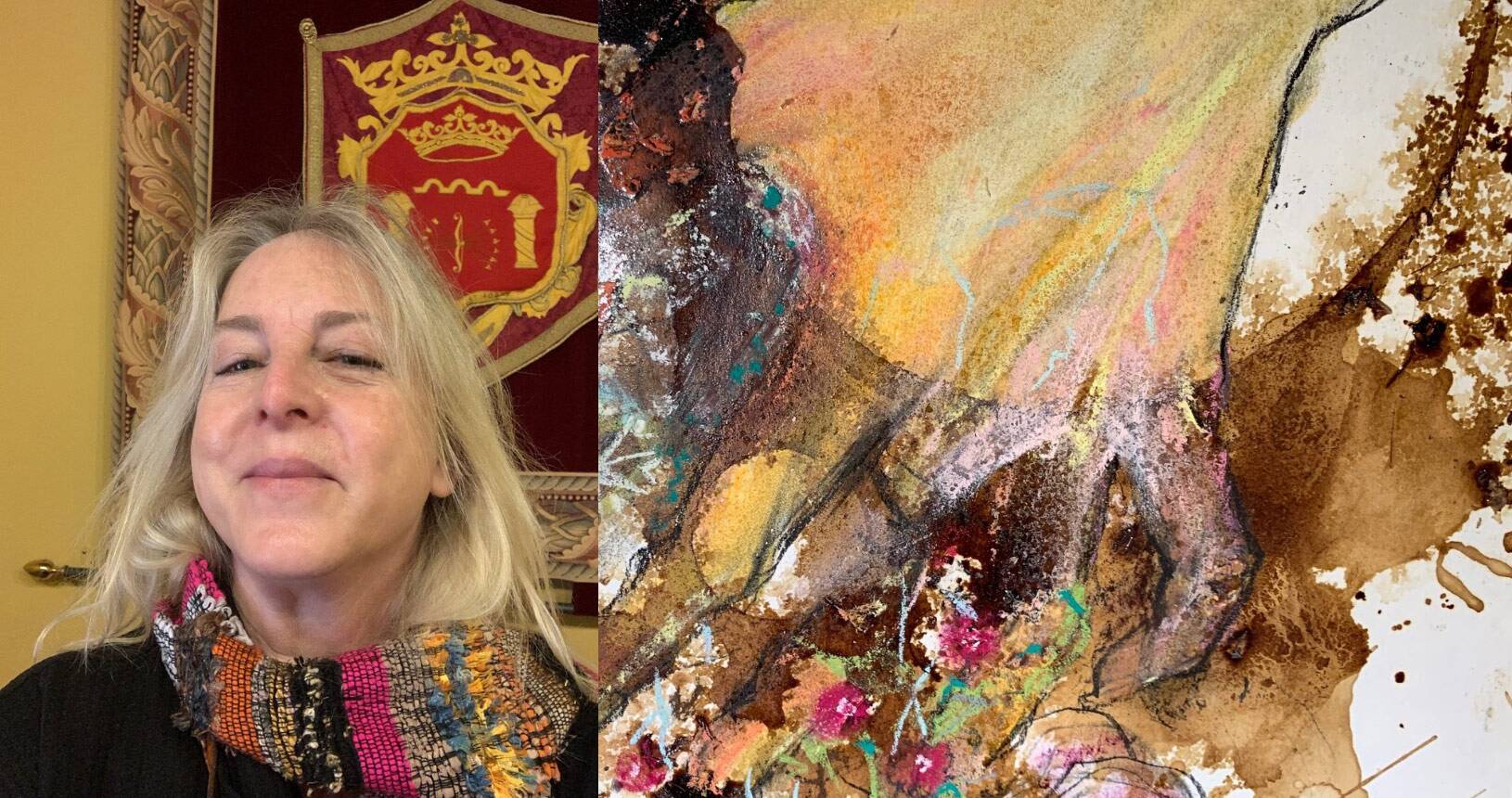
Gaby Roff
CalTrout Director of Institutional Giving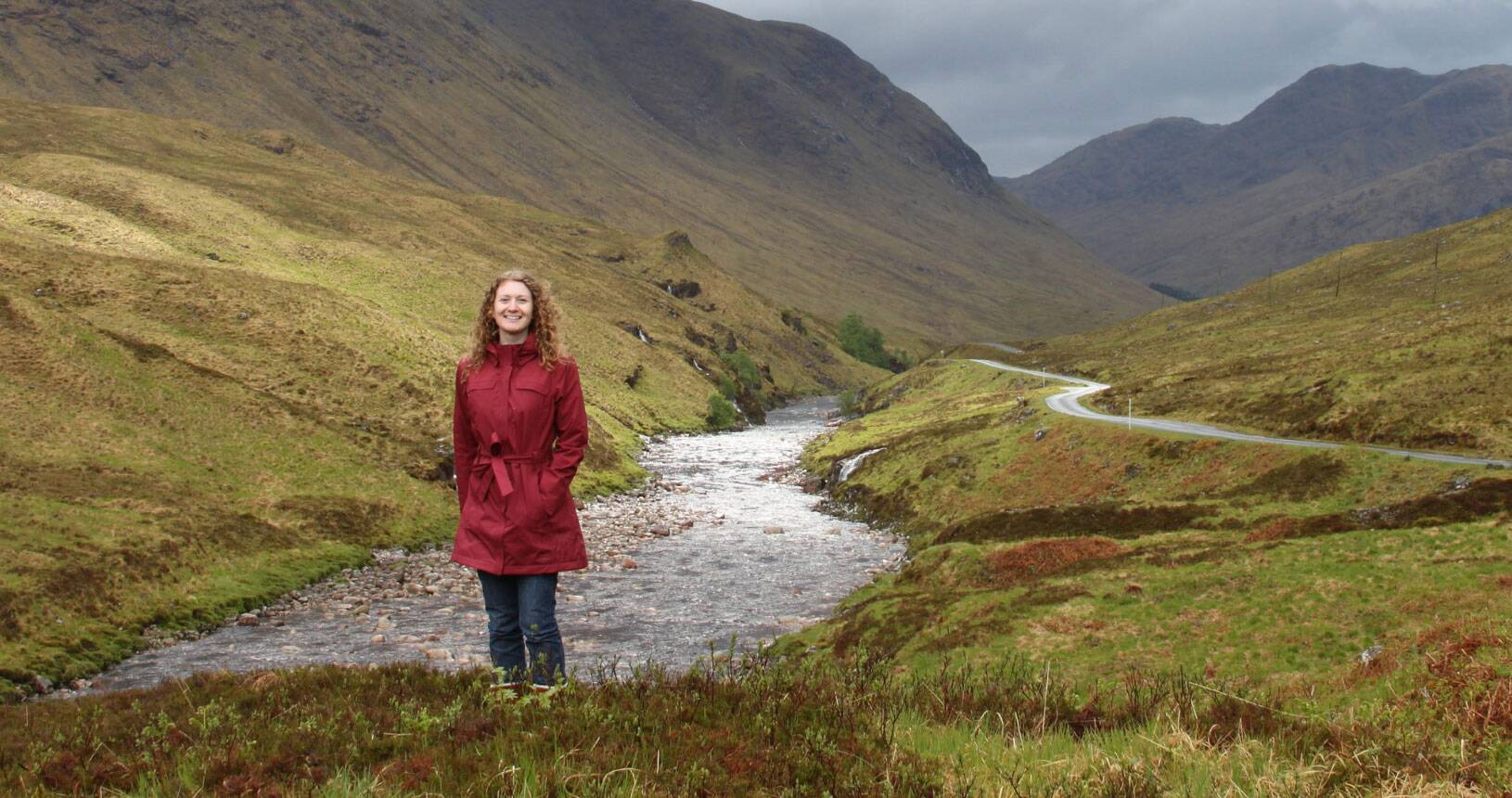
Malinda Baker
CalTrout Grants Associate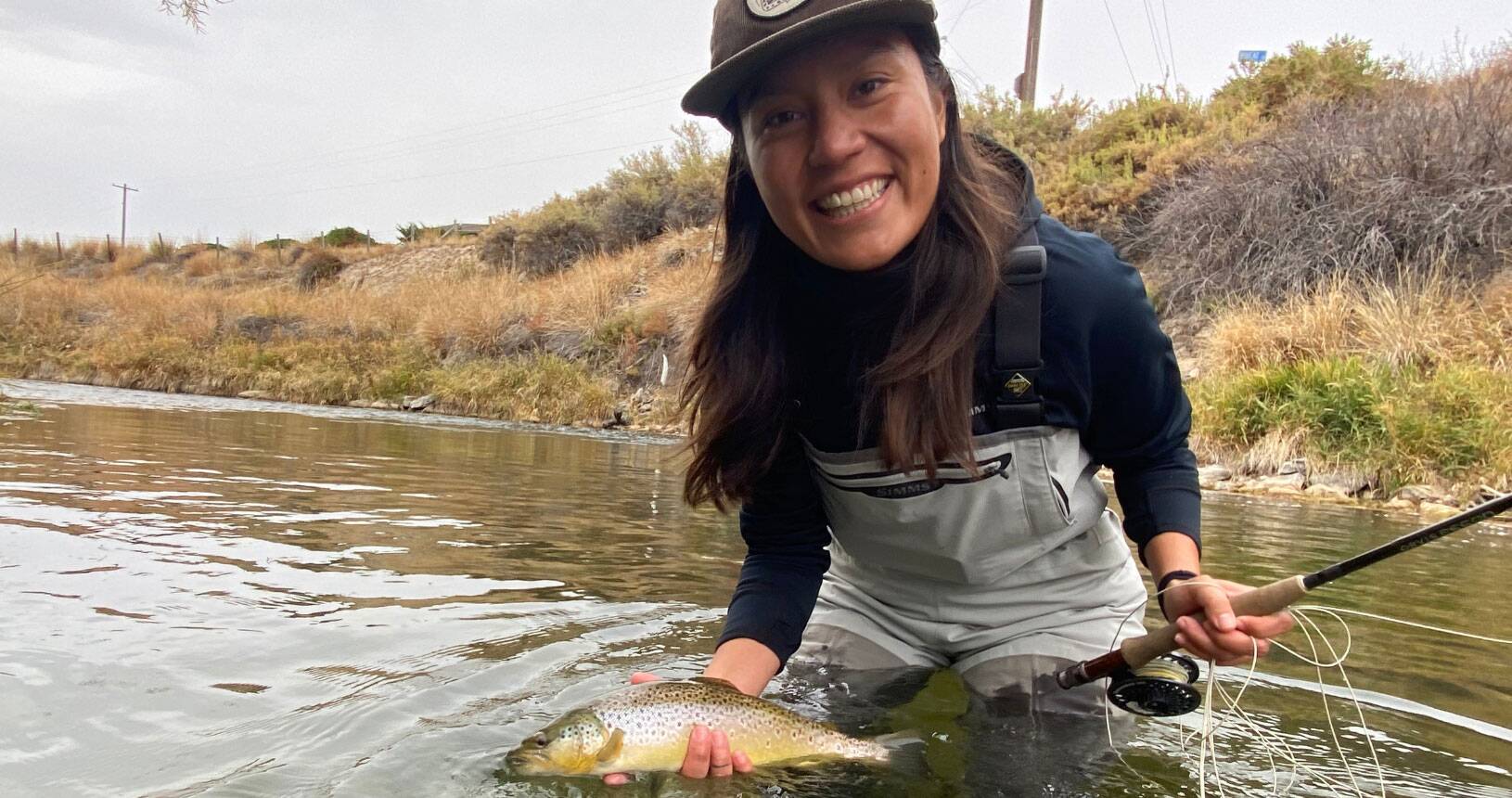
Lazara Ramos
CalTrout Grants Manager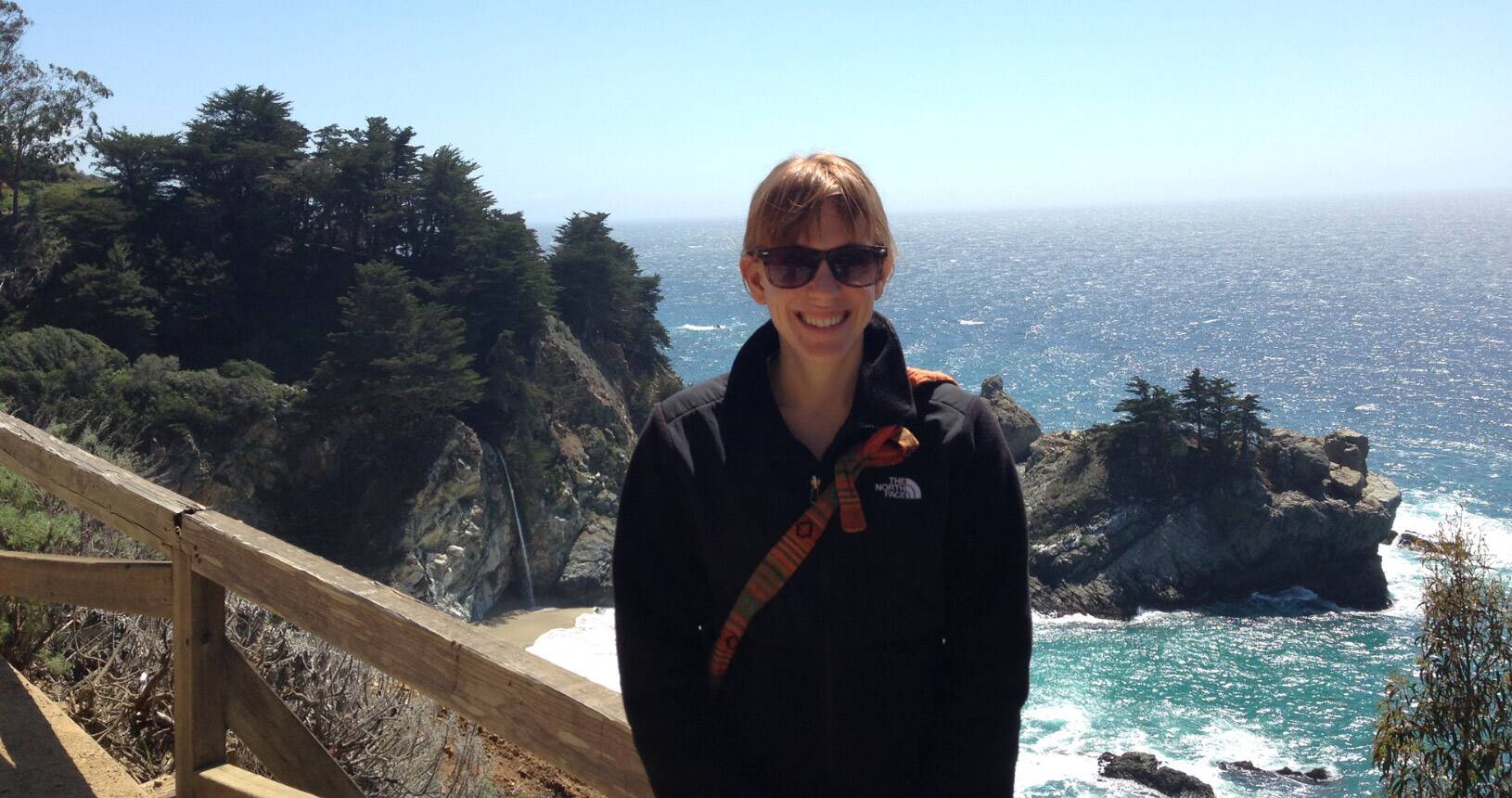
Melissa Racklyeft
CalTrout Senior Grants Manager
Sarah Trenschel
CalTrout Member


